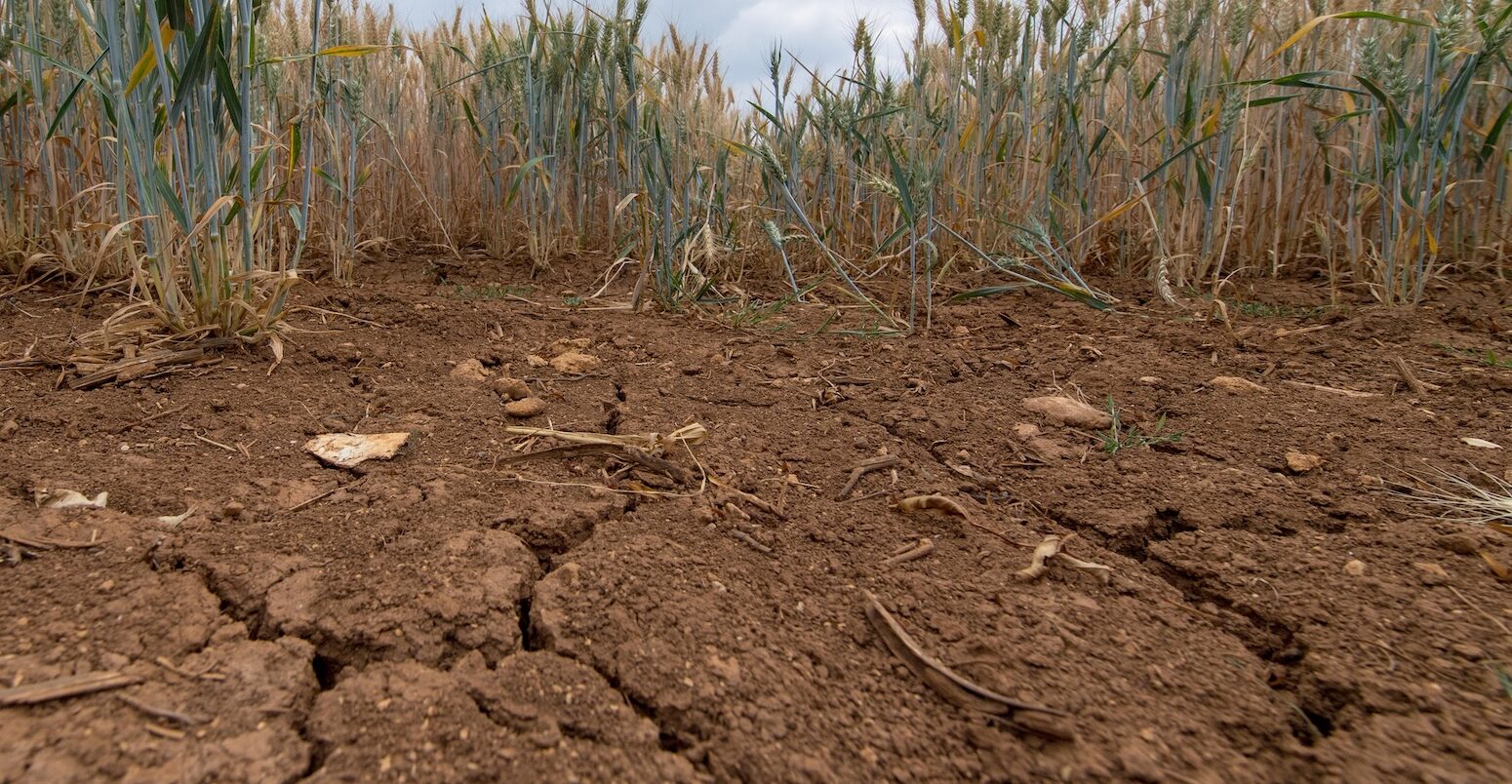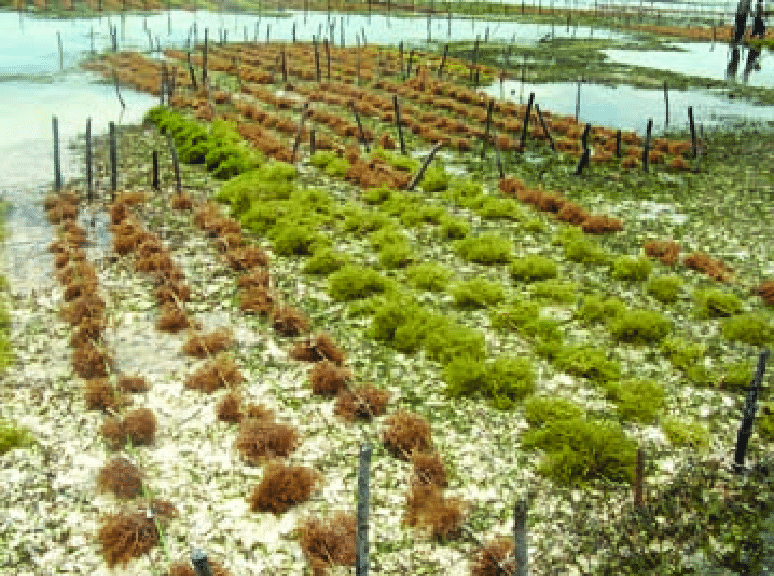In the intricate tapestry of Western Australia’s beekeeping landscape, a remarkable interplay between hobbyists and commercial beekeepers has been unearthed. This fascinating dynamic not only enhances the “honey value add” and industry profits but also contributes to the depth of knowledge surrounding beekeeping practices. Associate Professor Kirsten Martinus, a human geographer from The University of Western Australia’s School of Social Sciences, has unveiled the nuanced relationships that shape the beekeeping sector, shedding light on the pivotal roles played by hobbyists.
The study, published in the journal Geoforum, delves into the distinct yet intertwined worlds of hobbyist and commercial beekeepers. The research findings reveal that these two groups, often seen as competitors, actually engage in a delicate dance of competition and collaboration that propels the industry forward.
Associate Professor Martinus explains, “Interestingly, both hobbyist and commercial beekeepers were found to be both competitors and collaborators, operating in different markets.” While hobbyists often engage in bartering or not-for-profit exchanges, commercial beekeepers cater to the consumer sales market.
In this intricate ecosystem, hobbyists emerge as more than just enthusiasts. They become what the study terms “hobbyist innovators,” acting as catalysts for innovation, knowledge sharing, and cultural preservation within the beekeeping industry. Through their entrepreneurial endeavors and community activities, hobbyist beekeepers become repositories of scientific, practical, and local geographic wisdom, significantly influencing beekeeping practices and approaches in Western Australia.
The study’s insights are grounded in interviews conducted with 30 individuals spanning hobbyist, semi-commercial, and commercial beekeepers in 2017 and 2020. The “hobbyist innovator” model highlighted in the research not only illuminates the vital contributions of hobbyists but also points to a broader understanding of how informal community groups can ignite innovation and potentially drive industry transformation.
This revelation underscores the need for fostering collaborations between hobbyist beekeepers and local businesses, facilitated by supportive local and state government policies. By nurturing such partnerships, Western Australia’s beekeeping community can continue to flourish, driven by the passion and dedication of hobbyists who, historically and in the present day, have wielded profound influence in shaping societies and industries.
The study’s findings serve as a testament to the power of passion and the uncharted potential that hobbies hold in shaping the world around us. In the realm of beekeeping, hobbyists emerge not just as enthusiasts but as vital agents of change, enriching the industry’s tapestry with their knowledge, innovation, and collaborative spirit.
More information: Kirsten Martinus, ‘It’s a love interest’—Enthusiasts and regional industry cultures of practice, Geoforum (2023). DOI: 10.1016/j.geoforum.2023.103808




